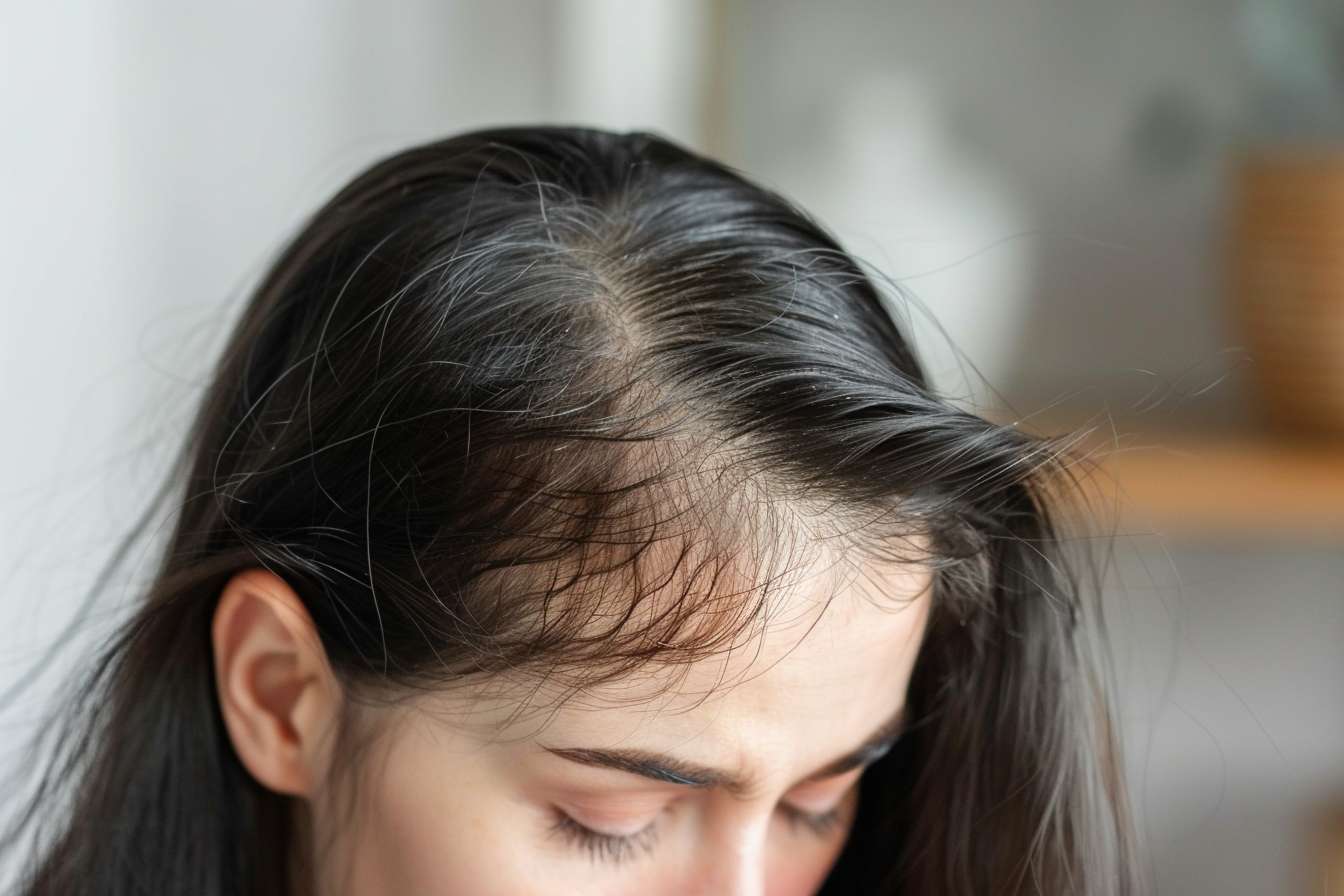Understanding Hair Growth: Nurturing Your Scalp for Healthy Locks
Hair growth is a complex biological process that fascinates both women and men alike. Healthy, vibrant hair is often seen as a sign of overall well-being and can significantly impact one's confidence. This article delves into the science behind hair growth, exploring the role of nutrition, scalp health, and various factors that influence the hair growth cycle.

What role does nutrition play in hair growth?
Proper nutrition is essential for promoting healthy hair growth. Key nutrients that support hair health include protein, iron, biotin, vitamins A, C, and E, and omega-3 fatty acids. A balanced diet rich in these nutrients can help strengthen hair follicles and promote optimal growth. Foods such as eggs, fish, nuts, leafy greens, and whole grains are excellent choices for supporting hair health. Additionally, staying hydrated is crucial for maintaining a healthy scalp environment.
How does scalp health impact hair growth?
A healthy scalp is the foundation for robust hair growth. The scalp is home to thousands of hair follicles, each responsible for producing individual strands of hair. Maintaining proper scalp hygiene, including regular washing and exfoliation, can help prevent issues like dandruff, sebum buildup, and inflammation that may hinder hair growth. Scalp massages can also improve blood circulation to the follicles, potentially stimulating growth and promoting overall scalp health.
Are there differences in hair growth between women and men?
While the basic hair growth process is similar for both women and men, there are some notable differences. Men typically have a higher density of terminal hair follicles on their scalp, which can result in thicker hair. However, men are also more prone to androgenetic alopecia, commonly known as male pattern baldness. Women, on the other hand, may experience more diffuse thinning across the scalp, often related to hormonal changes during pregnancy or menopause.
What factors can influence hair growth?
Several factors can impact hair growth, including:
-
Genetics: Your genetic makeup plays a significant role in determining hair texture, growth rate, and susceptibility to hair loss.
-
Hormones: Hormonal imbalances, particularly involving androgens, can affect hair growth patterns and lead to thinning or loss.
-
Age: As we age, hair growth typically slows down, and individual strands may become finer.
-
Stress: High levels of stress can disrupt the hair growth cycle, potentially leading to increased shedding or temporary hair loss.
-
Medical conditions: Certain health issues, such as thyroid disorders or autoimmune diseases, can impact hair growth.
-
Medications: Some medications, including those used for cancer treatment, can affect hair growth as a side effect.
Understanding these factors can help individuals take appropriate steps to support healthy hair growth and address any concerns they may have.
Hair growth is a fascinating and complex process influenced by various factors, including nutrition, scalp health, and individual characteristics. By prioritizing a balanced diet, maintaining proper scalp care, and addressing any underlying health issues, both women and men can promote optimal hair growth and maintain healthy, vibrant locks. Remember that patience is key, as visible improvements in hair growth often take time. If you have persistent concerns about your hair growth, it’s always best to consult with a healthcare professional or trichologist for personalized advice and treatment options.
This article is for informational purposes only and should not be considered medical advice. Please consult a qualified healthcare professional for personalized guidance and treatment.






